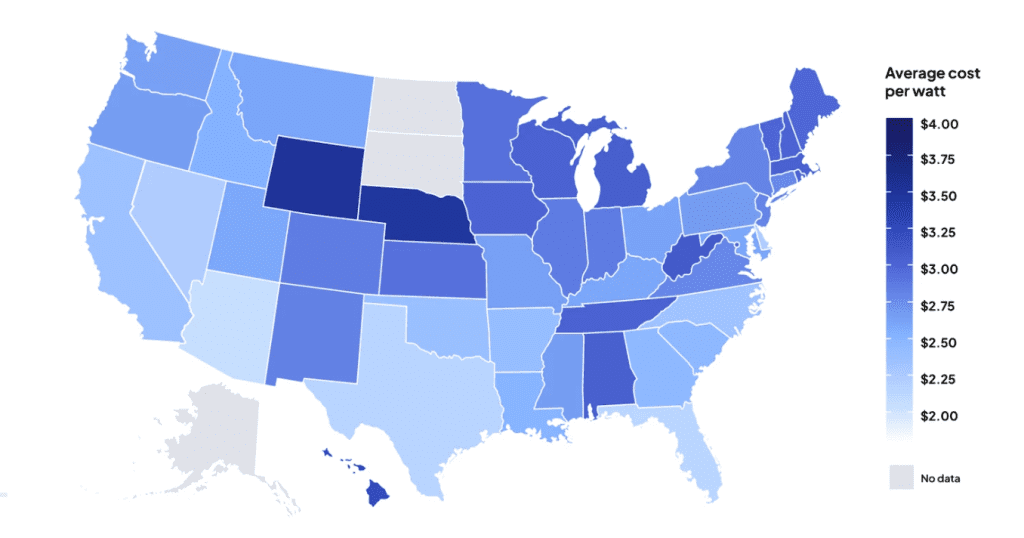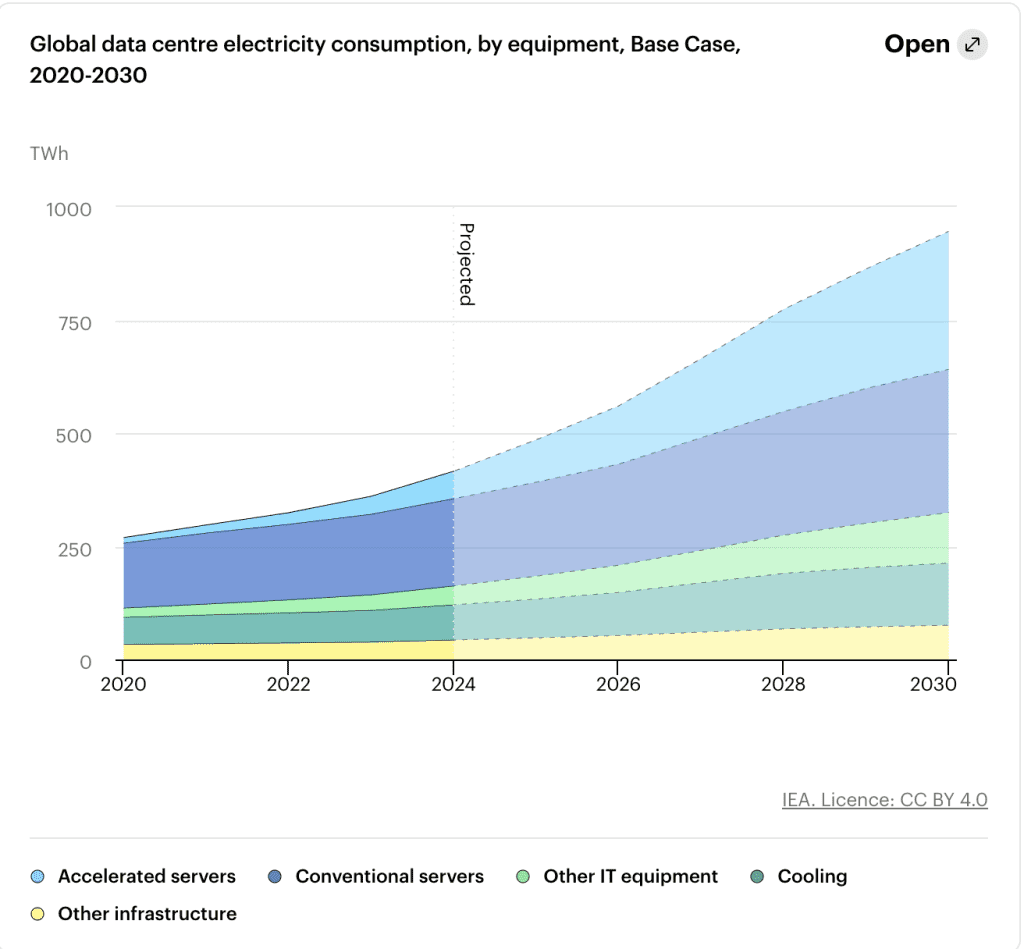Daylight, a startup building a decentralized solar power grid (DePIN), has raised $75 million from a16z Crypto, Framework Ventures and other investors to scale in the US.
Daylight Raises $75 Million to Develop a Decentralized Solar Power Grid

Daylight, a US-based project building a decentralized physical infrastructure (DePIN) based on solar energy, has raised $75 million to expand its solar coverage network across the US.
Daylight’s model is subscription solar: users don’t need to spend tens of thousands of dollars to install panels or batteries (which typically cost over $30,000). The project’s test network is set to launch in 2024.
How Daylight Works
Customers pay for energy monthly, and Daylight sells excess electricity back to the grid, distributing a portion of the profit among users. Participants receive “sun points” for contributing to the system — tokenization of these points is planned for later stages of development.
Investors include Framework Ventures, a16z Crypto, Lerer Hippeau, M13, Room40 Ventures, EV3, and Turtle Hill Capital.
DePIN as the future of energy
The Daylight project illustrates the potential of DePIN technologies, which connect consumers and businesses through mutual benefit. This approach allows for the creation of a co-owned infrastructure that is an alternative to centralized energy systems.
The growth in demand for electricity from AI data centers and crypto miners is already overloading power grids. Since 2020, wholesale energy prices near data centers have increased by 267%, according to Bloomberg.
Decentralizing the grid
Experts predict that distributed generation and a shared ownership model of energy could be the solution to the energy crisis created by artificial intelligence and high-performance computing.

Tech giants including Amazon, Google, Meta and Microsoft are already actively looking for alternative energy sources. For example, Amazon signed a contract with Talen Energy in June for 1,920 MW of nuclear power for its data centers in Pennsylvania.
Daylight aims to do the same — but in a decentralized way, creating a new energy model where every user becomes part of the network.
Related: SEC greenlights DePIN tokens with no-action letter for DoubleZero









